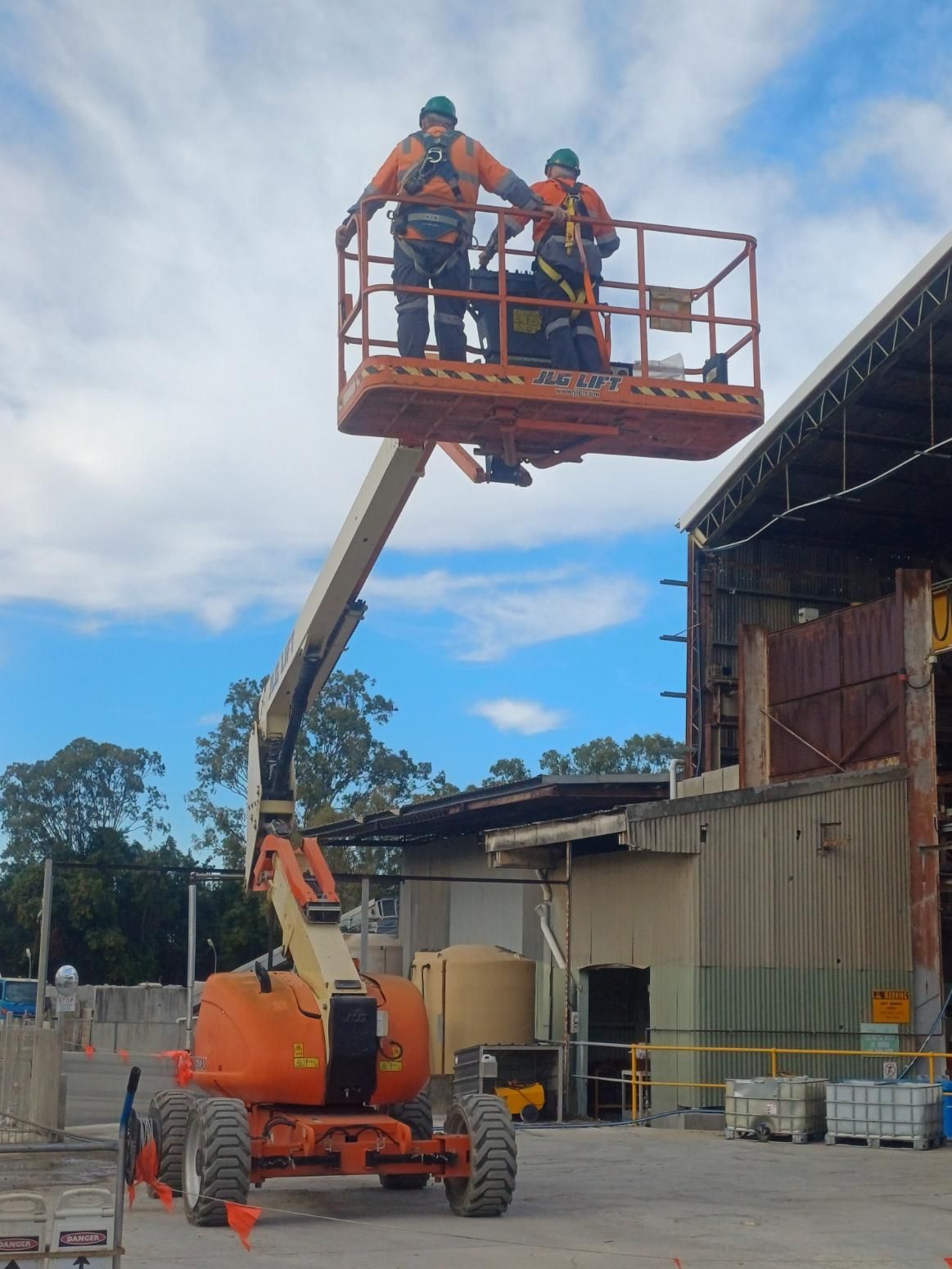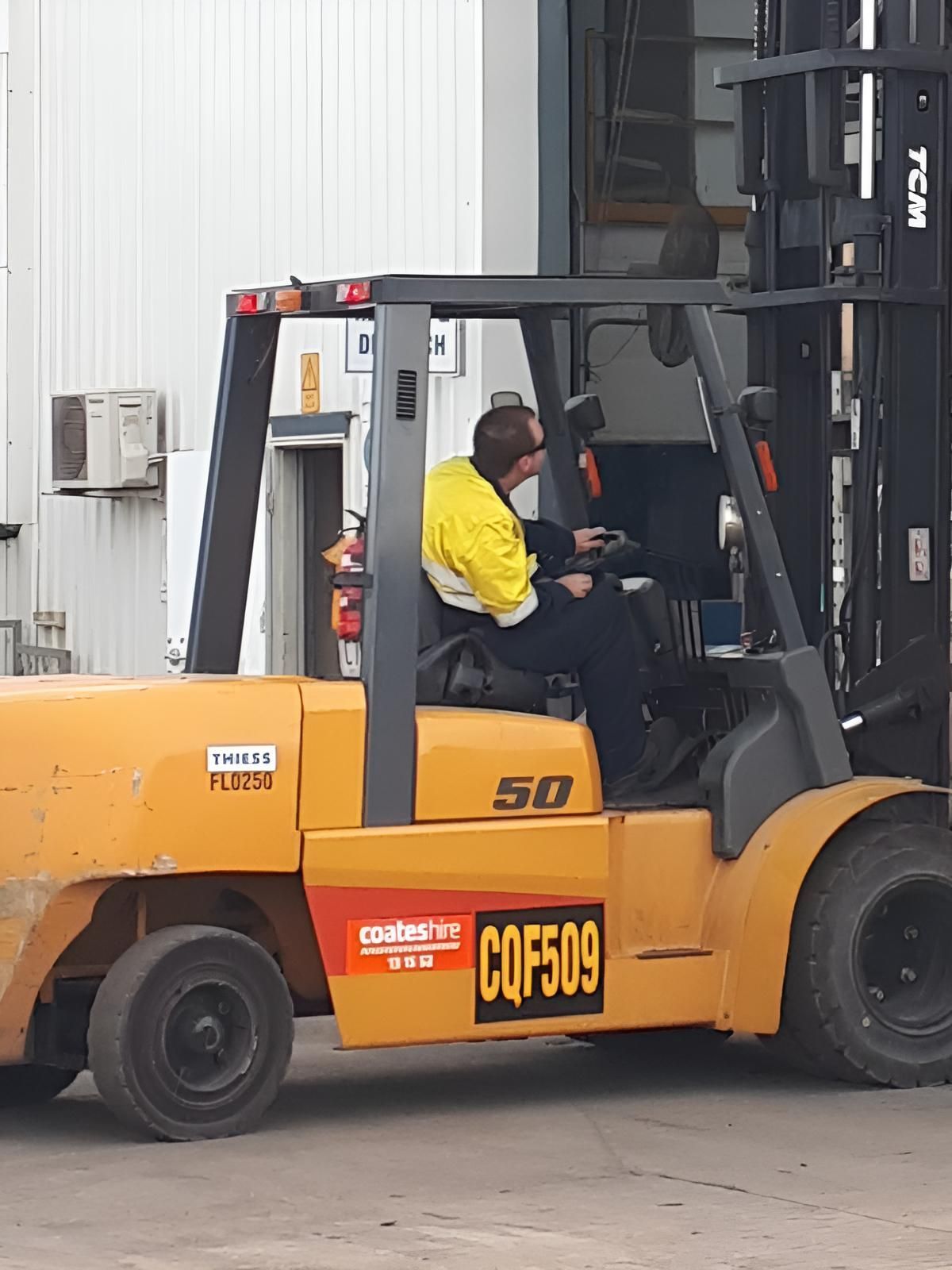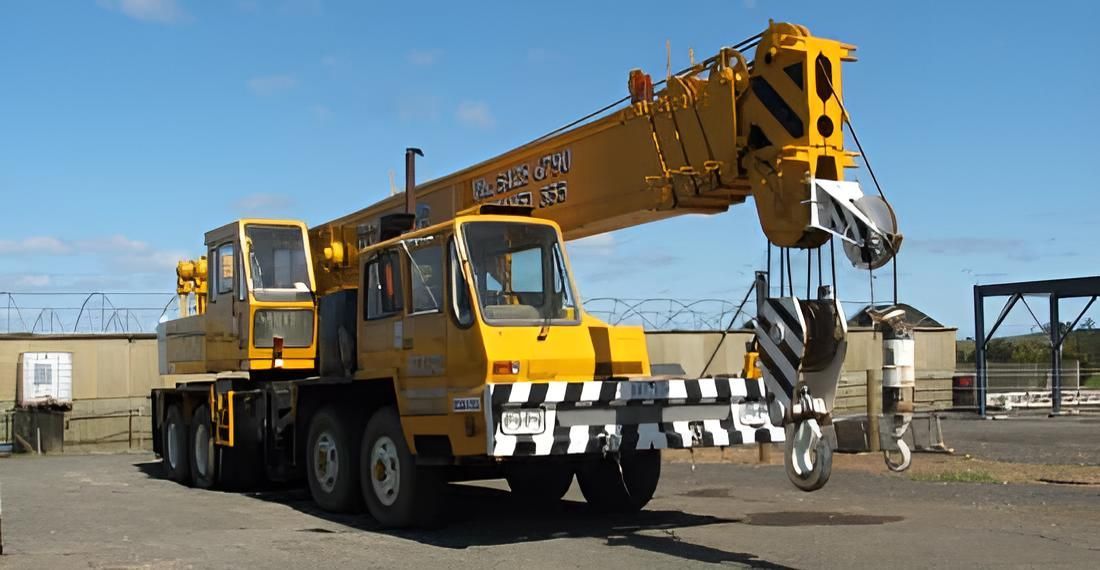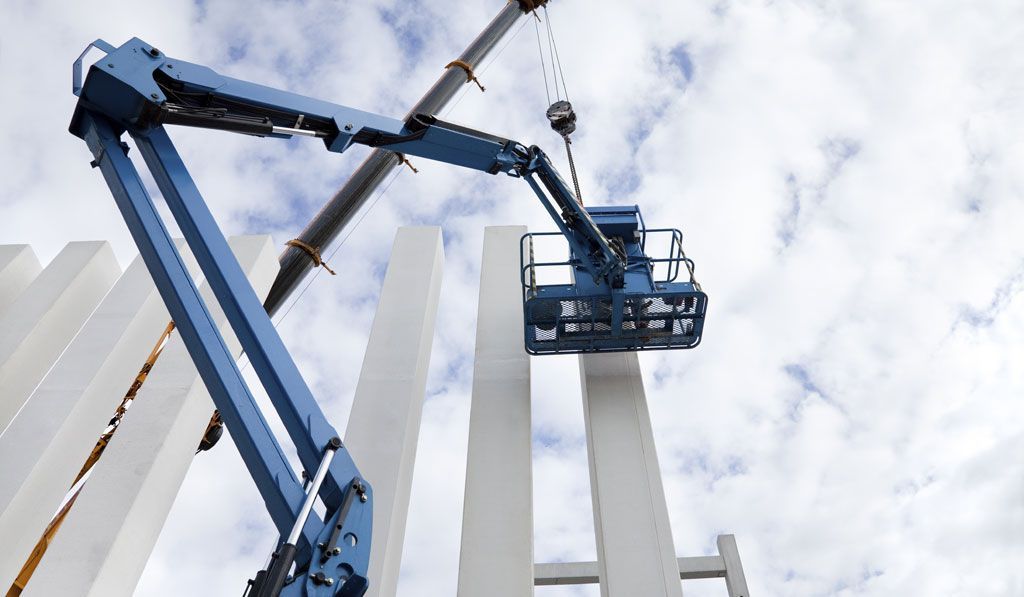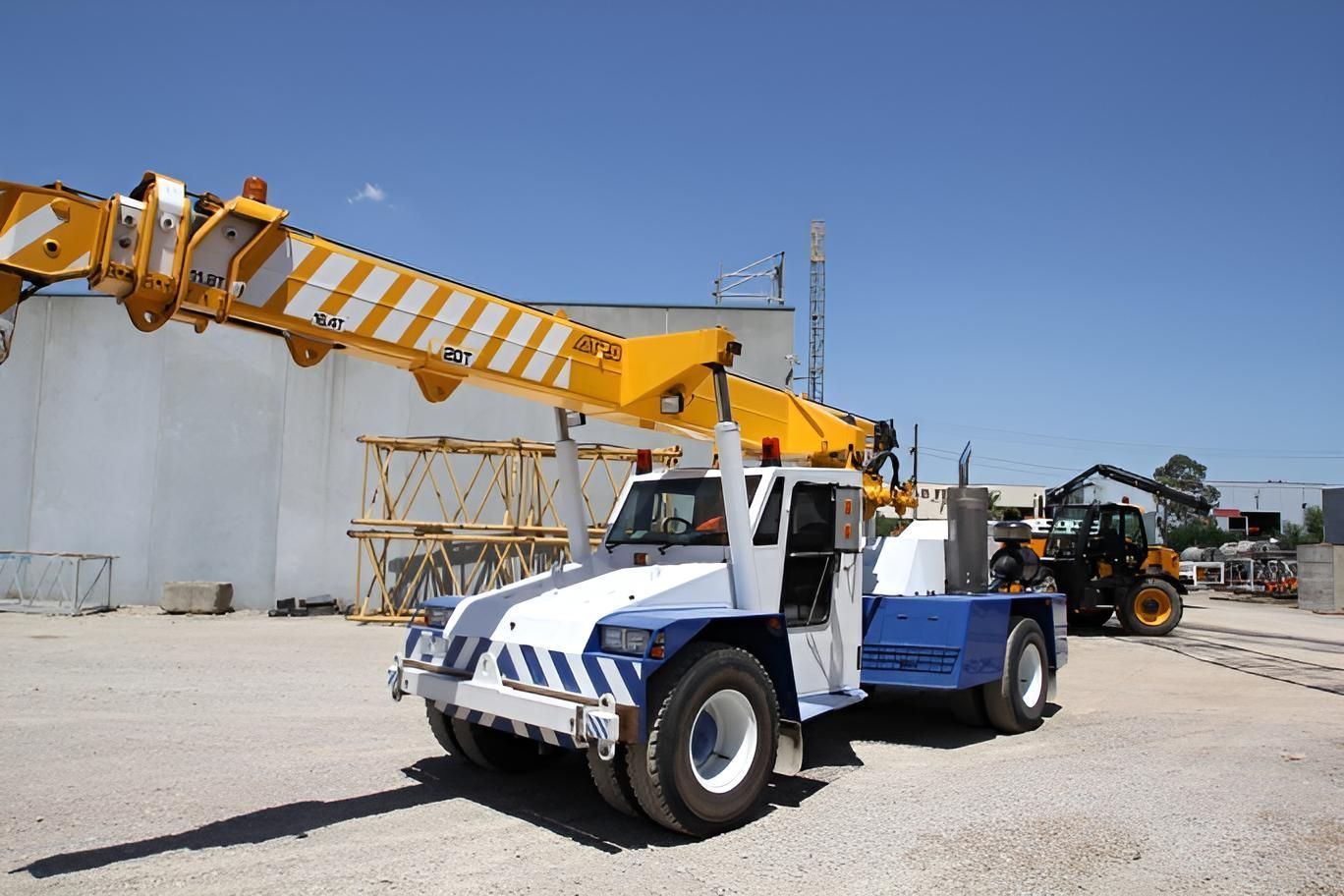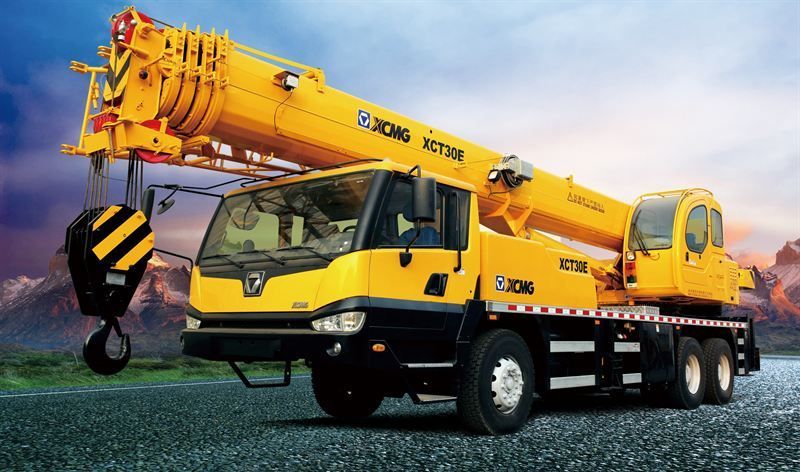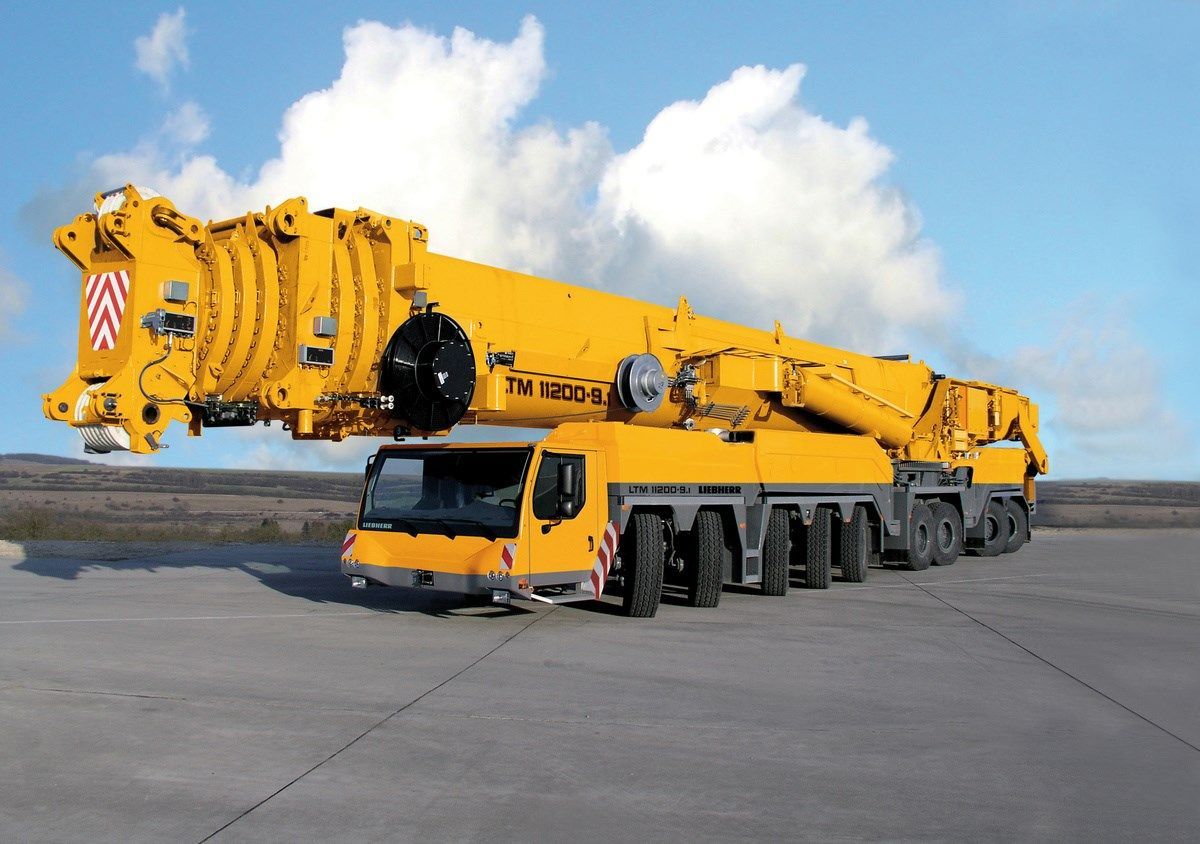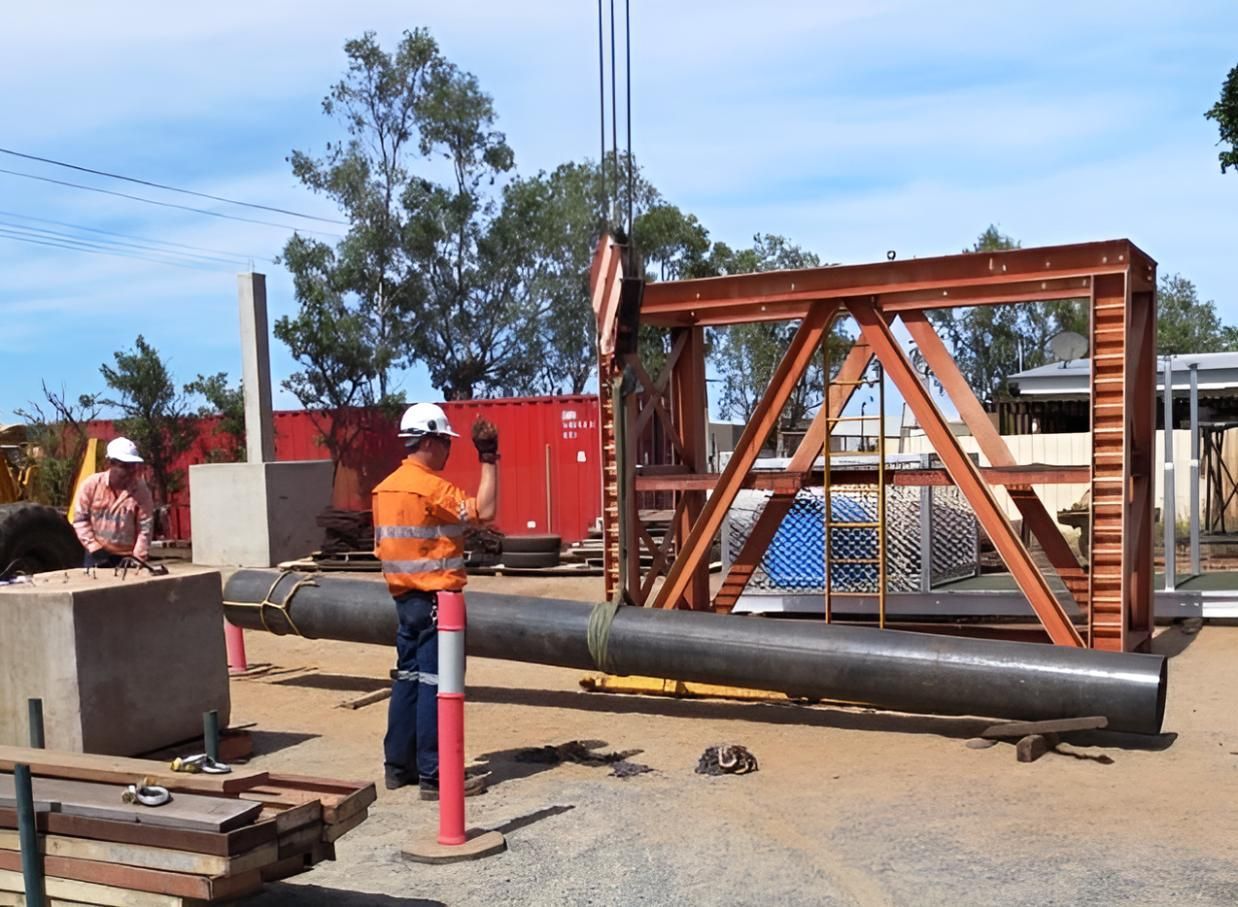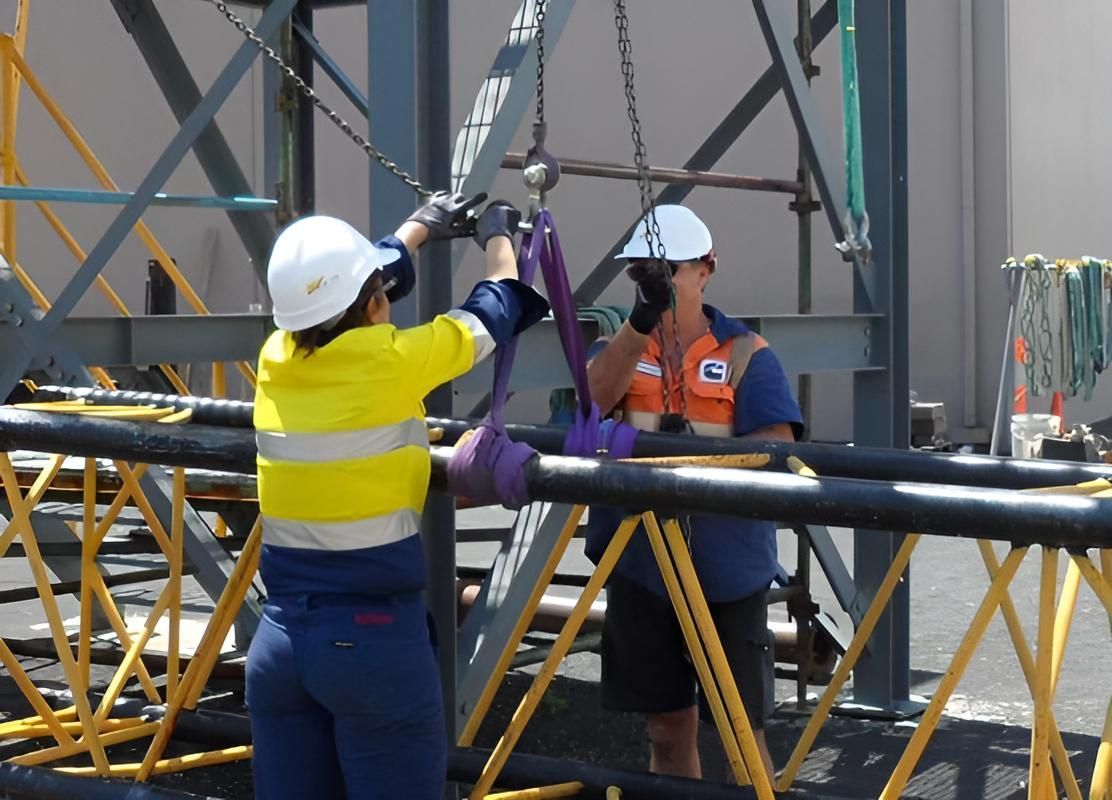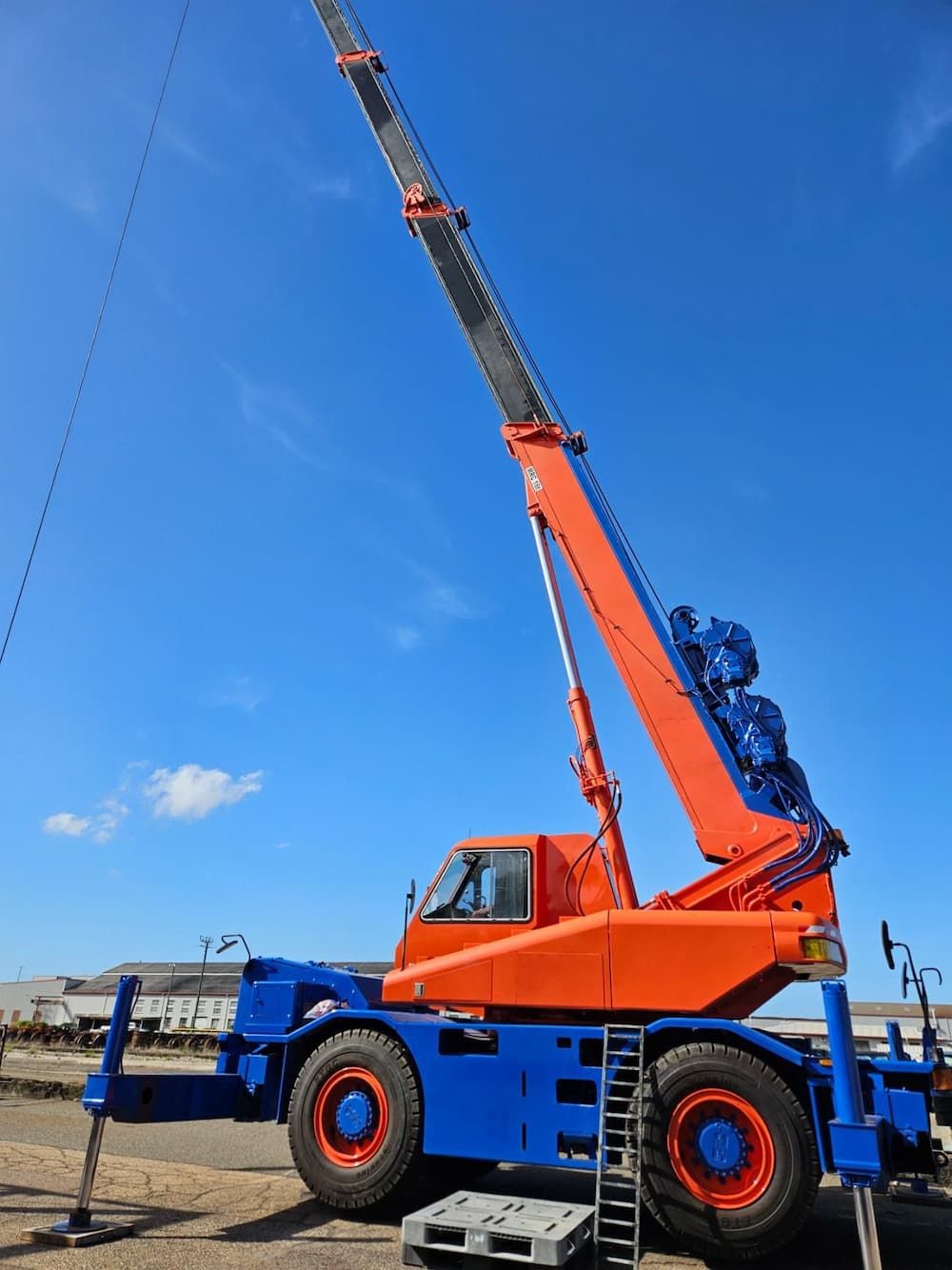High Risk Work Licence in Townsville
Request A Call Back
Thank you for contacting Advanced Industry Training.
We will get back to you as soon as possible.
Oops, there was an error sending your message.
Please try again later.
Townsville High Risk Work Licence
If you’re operating machinery like forklifts, boom-type EWP over 11 metres, cranes, or performing dogging and scaffolding, you’ll need a high-risk work licence—it’s not optional, it’s the law. At Advanced Industry Training, we deliver nationally recognised high risk training designed to prepare you for safe, compliant work in regulated environments.
Our high risk work licence courses cover a range of essential skills, including forklift operation, crane use, EWP over 11m, basic scaffolding, dogging and rigging. We focus on hands-on, practical training delivered by experienced instructors to ensure you meet the licensing and safety standards required across mining, construction, warehousing, and industrial worksites.
Before training begins, you’ll need to verify your identity with three forms of ID—our admin team will guide you through what’s accepted during the enrolment process. To book your course or learn more, call us at 07 4755 4222. In addition to Townsville, we offer onsite safety training in Rockhampton, Cairns, Mackay and surrounding regions, as well as the Northern Territory.
Licence to operate a boom-type elevating work platform (boom length 11 metres or more) – TLILIC0005
Licence to operate a non-slewing mobile crane (greater than 3 tonnes capacity) – TLILIC0040
Who Needs Safety Training?
Our safety training in Townsville supports a wide range of industries where compliance, risk management, and safe practices are critical. Whether you're working on-site, in transit, or around hazardous materials, these sectors rely on accredited training to protect workers and maintain legal standards:
- Construction: Safety training ensures workers can identify hazards, use equipment correctly and meet construction site entry requirements.
- Mining: High-risk environments in mine sites demand specialised safety knowledge, including confined space entry, vehicle operation, and emergency response.
- Transport and Logistics: Workers must follow strict procedures for manual handling, vehicle safety, and dangerous goods handling.
- Warehousing and Manufacturing: These sectors require training in machine safety, chemical storage, and incident prevention protocols.
- Civil and Infrastructure: Safety compliance is essential for plant operation, traffic control, and working near utilities or excavation sites.
Strengthen your team's skills with practical, compliant training built for your industry.
Our Onsite Training Locations
What topics are covered in safety training?
Common topics include hazard identification, manual handling, personal protective equipment, emergency response, and safe work procedures. Some courses also focus on working at heights, confined space entry, or handling dangerous goods. The content depends on the industry and the specific role being trained for.
Are safety training courses nationally recognised?
Yes, many safety training programs are aligned with nationally recognised units of competency. Upon successful completion, participants receive certification valid across Australia. This ensures that the training meets regulatory standards and is accepted by employers and safety authorities in various industries.
Is safety training a legal requirement?
In many industries, safety training is a legal obligation under workplace health and safety legislation. Employers must ensure that workers are trained and competent to perform their duties safely. Failing to comply can result in penalties or serious incidents on site.
